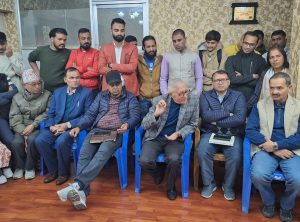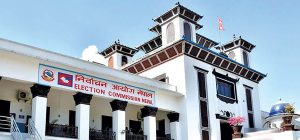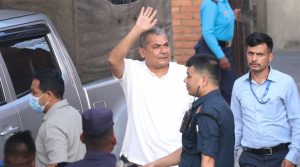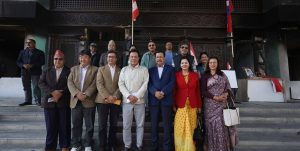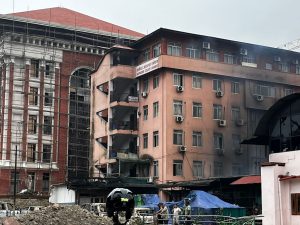Kathmandu — Sushil Gyawali, Chief Executive Officer (CEO) of the Investment Board Nepal, says the recent wave of political and social protests has brought both difficulties and fresh hope for the country’s economic recovery.
Speaking at a program organized by the Nepal Economic Journalists Association (NAFIZ) on “The Road to Economic Recovery,” he stressed that Nepal must now focus less on physical reconstruction and more on reviving the overall economy.
Youth Participation and Private Sector Confidence
Looking back at Nepal’s post-earthquake recovery, Gyawali noted that success came when a separate agency was set up and funds were mobilized through the banking system. He argued that today’s crisis also demands the same determination, with young people playing a central role.
“The state must listen to young voices. If their concerns are ignored, frustration and rebellion will only grow,” he warned. He pointed out that Nepal’s economic indicators remain stronger than Sri Lanka’s, but rebuilding trust with the private sector is essential. Education and skill development for young people, he added, will be key to long-term growth.
Gyawali raised concern that, despite having three levels of government, most expectations after the Gen-Z protests have been placed solely on the federal government. Many issues, he said, could be addressed at the provincial and local levels instead of relying only on the center.
He also admitted that frequent changes in government have shaken investor confidence. To attract foreign investment, he urged policymakers to ensure consistency and to advance the public–private partnership (PPP) model.
The much-talked-about “One-Stop Service Center” at the Investment Board, he acknowledged, has yet to function fully. But he explained that recent legal changes have given staff more authority and that new procedures are being prepared for faster results.
Reform Proposal for the Investment Board
To build greater credibility, Gyawali suggested restructuring the Investment Board so it includes representatives from both the government and the opposition. He said more discussion is needed before moving forward with the proposal.


